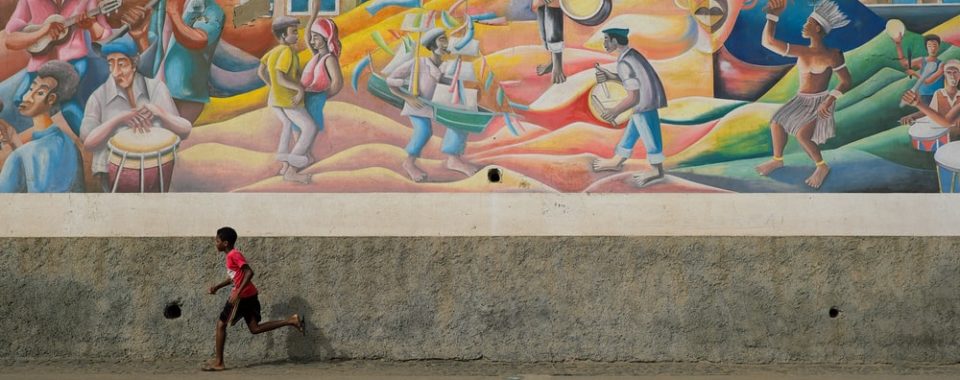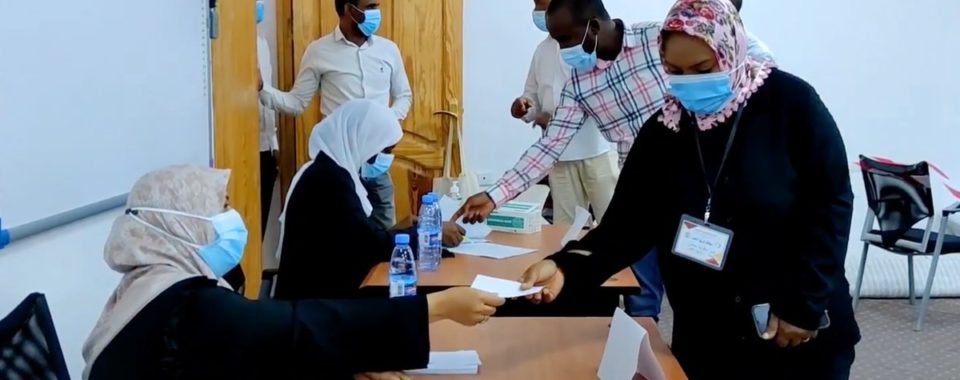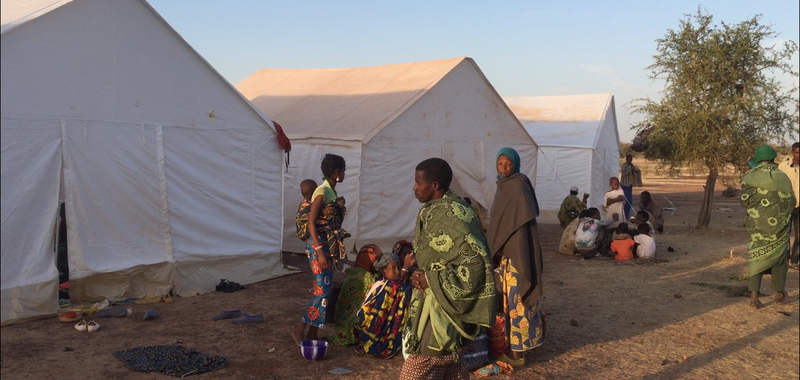BY DYLAN SOUQUET MOGLEN Over the past three decades, the small island nation of Cabo Verde has become one of the Africa’s most stable democracies; a status that has endured through electoral transitions, ongoing environmental disasters, and rising regional political instability.[i] However, the COVID-19 pandemic presented an unprecedented challenge to this rising star of democracy, […]
Author Archives: Natalie Fiertz
An adaptive commitment: An analysis of Cabo Verde’s Democratic System post Covid-19
- Friday, 08 July 2022 18:21
- 0 Comments

Grassroots Reconciliation: Civil Society’s Critical Role in Libyan Peacebuilding
- Friday, 08 July 2022 18:21
- 0 Comments

BY ANDY TOMUSIAK AND RAPHAEL MILLER Muammar Gaddafi’s ousting in 2011 ushered in an era of partition and resulted in the creation of a power vacuum in Libya, with a myriad of domestic and foreign armed groups vying for control of Libya’s territory and resources. The resultant surge of internally displaced persons (IDPs), coupled with […]
Rising Stakes of Fragility in West Africa’s Sahel and Lake Chad Basin Regions
- Friday, 08 July 2022 18:21
- 0 Comments

BY JIBIKEOLUWA FABORODE The current situations of the countries that make up the Sahel and Lake Chad Basin (LCB) regions[1] are crucial for the stability of West Africa since they represent half of the sub-continent[2] and have been battling insecurity for years. Despite years of interventions aimed at addressing the myriad of structural issues facing […]
Breaking the Cycle: Military Coups in West Africa
- Friday, 08 July 2022 18:21
- 0 Comments

BY JULIETTE GALLO Rising social and economic stresses have eroded public confidence in institutions of democratic governance around the world. In many countries, this has led to an increase in riots and protests. In some countries, this has galvanized populist or autocratic movements. In West and Central Africa, this has translated into a spate of […]
Coming Apart at the Seams: Fragility in a Time of COVID-19
- Friday, 08 July 2022 18:20
- 0 Comments

BY NATE HAKEN The last two years have challenged many assumptions about what it means to be fragile and what it means to be resilient. Countries that were thought to be strong proved weak. Problems that were thought to be straightforward proved complex. It takes more than financial and human capital to manage and recover […]